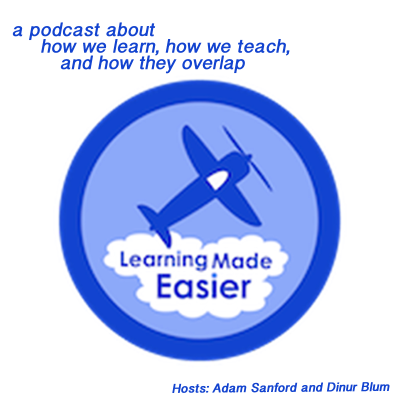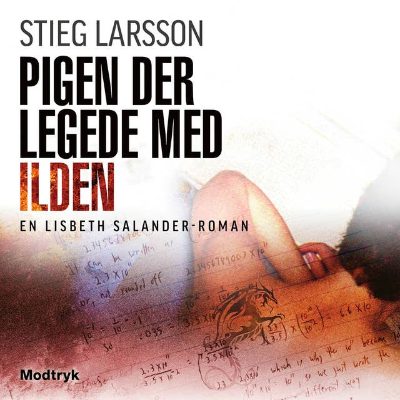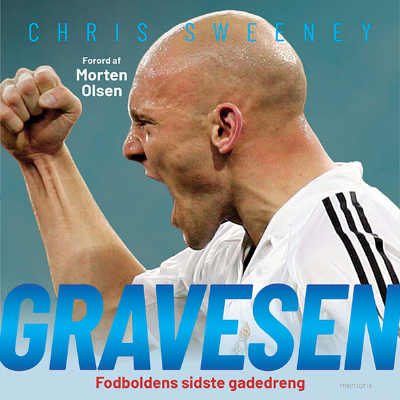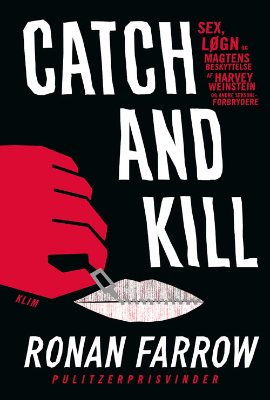
Learning Made Easier
Podcast af Learning Made Easier
Prøv gratis i 7 dage
99 kr. / måned efter prøveperiode.Ingen binding.

Mere end 1 million lyttere
Du vil elske Podimo, og du er ikke alene
Rated 4.7 in the App Store
Læs mere Learning Made Easier
Academic Success Coaching
Alle episoder
170 episoderWe all know a perfectionist who struggles with beliefs like “Only perfect is good enough.” But there is a way to derail those damaging beliefs! Join Adam and Dinur as we talk about the technique of strategic half-assing. Show Notes “How to Set Goals: Die Empty” sketchnote video on YouTube [https://youtu.be/-qoCg5-NIPA] Die Empty: Unleash Your Best Work Every Day by Todd Henry [https://www.amazon.com/Die-Empty-Unleash-Your-Every/dp/1591846994] Gretchen Rubin’s Four Tendencies System [https://gretchenrubin.com/2015/01/ta-da-the-launch-of-my-quiz-on-the-four-tendencies-learn-about-yourself] 7 Steps to Remove Toxic Beliefs and Overcome Confirmation Bias [https://highexistence.com/brain-hacking-upgrade-mind-software/] How to Overcome Perfectionism: 4 Secrets from Research [https://bakadesuyo.com/2018/07/perfectionism/] How to Stop Wearing Yourself Out [https://medium.com/@agsanford/how-to-stop-wearing-yourself-out-baafb68c8417]
Often, our students measure learning not by skills gained or new ways of looking at content, but by the grades earned. We have talked about what grades mean in college and that grades should not define students’ identities, but we know they do. So, as teachers, what can we do to help our students focus on learning and growing, rather than on their GPA? Join Dinur and Adam as we discuss this question! Show Notes Edutopia.org, “5 Ways to Help Students Focus on Learning Rather than Grades” [https://www.edutopia.org/article/5-ways-help-students-focus-learning-rather-grades] CultOfPedagogy.com, “Delaying the Grade: How to Get Students to Read Feedback” [https://www.cultofpedagogy.com/delayed-grade/]
Mistakes are one of the cornerstones of how learning happens, but many educators and students are afraid of them. Join Dinur and Adam as we discuss why mistakes are beneficial and how to use them to your advantage. Show Notes Edutopia.org, “The Mistake Imperative—Why We Must Get Over Our Fear of Student Error” [https://www.edutopia.org/article/mistake-imperative-why-we-must-get-over-our-fear-student-error] Wested.org, “Zone of Proximal Development: An Affirmative Perspective in Teaching ELLs” [https://www.wested.org/resources/zone-of-proximal-development/] Edutopia.org, “6 Teacher-Approved Tips for Faster, More Effective Feedback” [https://www.edutopia.org/video/6-teacher-approved-tips-faster-more-effective-feedback] KQED.org, “How Teachers are Changing Grading Practices With an Eye on Equity” [https://www.kqed.org/mindshift/52813/how-teachers-are-changing-grading-practices-with-an-eye-on-equity] CultOfPedagogy.com, “Delaying the Grade: How to Get Students to Read Feedback” [https://www.cultofpedagogy.com/delayed-grade/]
Patchwriting is a form of plagiarism that most students aren’t aware is plagiarism – substituting in words into the sentence structure of a source. It’s like Academic MadLibs. In this episode, Adam and Dinur compare paraphrasing to patchwriting, explain why patchwriting is a form of plagiarism, and go over how to paraphrase instead of patchwrite. Show Notes University of Guelph, “Paraphrasing and Summarizing” [https://academicintegrity.uoguelph.ca/plagiarism/paraphrasing-and-summarizing] University of Hawaii, “Patchwriting” [https://www.hawaii.edu/eli/patchwriting/] Purdue OWL, “Contextualizing Plagiarism” [https://owl.purdue.edu/owl/teacher_and_tutor_resources/preventing_plagiarism/contextualizing_plagiarism/handout_comparing_policies.html]
It’s way too easy to blame others and ourselves when things go wrong. But there are more healthy ways to handle problems! In this episode, Dinur and Adam talk about what blame is, why we do it, how it interferes with learning and growing, and what to do instead. Show Notes Peg Streep at Psychology Today, “Tackling Self-Blame and Self-Criticism: 5 Strategies to Try” [https://www.psychologytoday.com/us/blog/tech-support/201801/tackling-self-blame-and-self-criticism-5-strategies-try] Bill Joiner at LinkedIn, “How to Shift from Blame to Learning” [https://www.linkedin.com/pulse/how-shift-from-blame-learning-bill-joiner/] Jordan Harbinger, “How to Stop Blaming Other People When Things Go Wrong” [https://www.jordanharbinger.com/how-to-stop-blaming-other-people-when-things-go-wrong/] Todd Henry, “Toxic: Dealing With A Culture Of Blame” [https://accidentalcreative.com/articles/collaboration/toxic-dealing-with-a-culture-of-blame/] Michael Timms at Harvard Business Review, “Blame Culture Is Toxic. Here’s How to Stop It.” [https://hbr.org/2022/02/blame-culture-is-toxic-heres-how-to-stop-it] Mitch Gyger at LinkedIn, “Curiosity and Problem Solving” [https://www.linkedin.com/pulse/curiosity-problem-solving-mitch-gyger/]

Rated 4.7 in the App Store
Prøv gratis i 7 dage
99 kr. / måned efter prøveperiode.Ingen binding.
Eksklusive podcasts
Uden reklamer
Gratis podcasts
Lydbøger
20 timer / måned

































